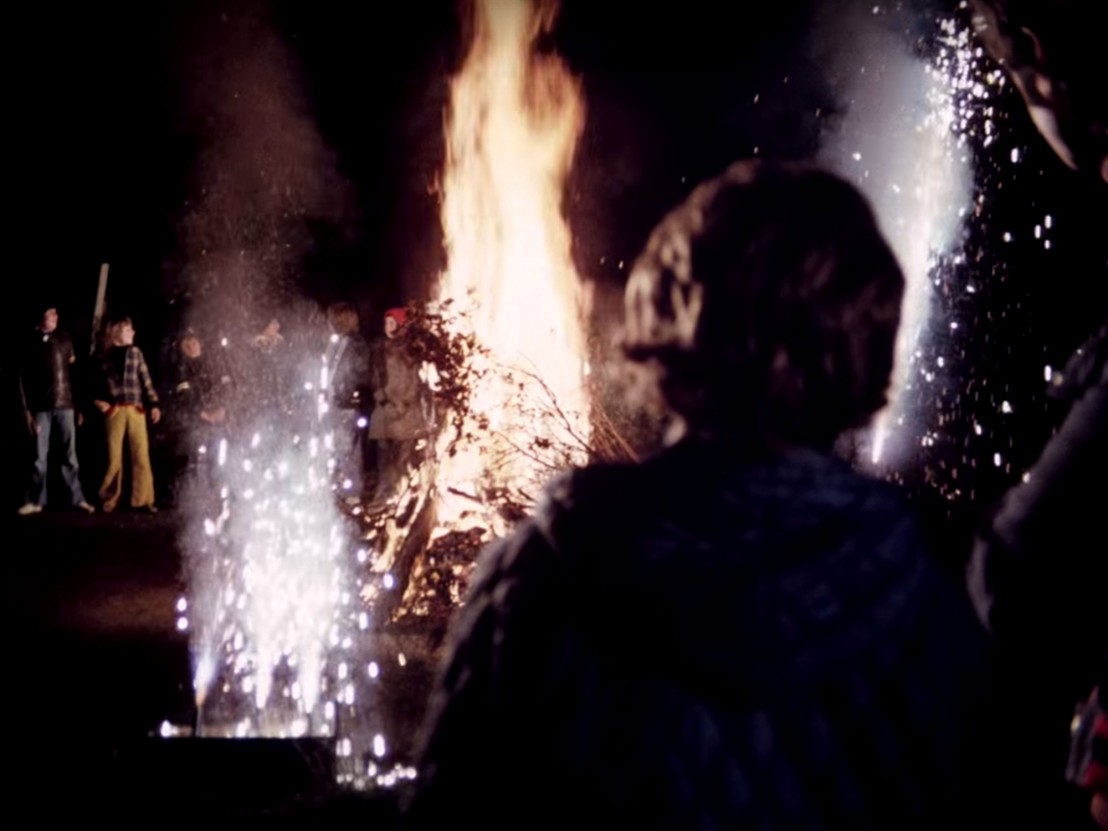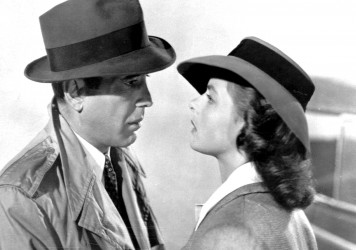
Buying cigarettes in the UK will soon mean receiving a carton packaged in standardised sludge-green, in addition to the stern health warnings that already decorate them. Depending on who you ask, it’s either government coercively meddling in the purchasing choices of individuals, or an attempt to protect a generation of potential smokers from harm. But the roots of this avuncular approach to government lie in the aftermath of World War Two, when the solution to scarce resources and bombed-out urban destitution was seen as jolly cooperation between State and citizen.
Dipping into its vast archives, the BFI recently uploaded a bunch of public information films to their YouTube channel. Ranging from wartime make-do-and-mend messages to chilling John Hurt-narrated AIDS awareness campaigns, the films used the wide reach of cinema and television screens to inform, educate and, sometimes, terrify. Something of a lost form now, they’re a fascinating snapshot of a time when government’s role in everyday life was perceived more optimistically.
The earliest films are full of the post-war conviction that everyone is in this together, that through mutual hard work things could become more safe, more efficient, more prosperous – more how they ought to be. The narration is a mix of measured RP that gently and authoritatively walks you through such helpful tips as the best way to prepare a cheap and enjoyable supper (see 1940’s Herrings), and working class accents that sound deliberately chosen to provide a more relatable voice.
Before the British New Wave of the ’50s and ’60s, with its tide of social realist dramas, these informational shorts would have been one the first forms concerned with depicting an authentic working class social reality. Self-aware food safety film, 1949’s The Good Housewife “In Her Kitchen”, plays on the idea that the images of pristine formica kitchens usually seen on screen are unrecognisable for much of the working class audience.
Others appeal straight to the fear centres of the viewer’s brain, like 1947’s tale of worst-case domestic scenarios Playing with Fire. These videos, like the to-the-point powerful Firework: Eyes from 1974, are also where the filmmakers get a bit more adventurous – light on the statistics and high on the smashed windshields. Presumably the idea was that if horror movies could create deep enough impressions to make people scared of shower curtains, the same visual language could be used to create a healthy caution around actual dangers.
In a century of ambitious nationwide changes, whether it was the introduction of new technologies, the growth of public institutions, or the shift to the metric system (1973’s Simply Metric), the government needed a public who shared a common outlook and purpose. “It’s a question of getting our minds modernised. Our minds are out of date,” as one anthropomorphic cloud of coal dust puts it, in phrasing that would come off as scarily totalitarian to any modern audience.
Official messages have dropped the friendly and didactic tone and now favour either the dryly informational or graphically shock-inducing. The image of government as benign guide to the hazards of life has become less plausible in a society that sees itself as wary and cynical. By the ’90s, The Prodigy’s PSA-sampling ‘Charly’ typified the idea that public information films are a bit naive and quaint, a remnant of a stiflingly proscriptive nanny state that had now become ripe for parody. But there’s a kind of nostalgia in the images of egalitarian industriousness, the time when when a postman could lean towards the camera and unironically ask you to “Do try, please.”
Watch more short films from the BFI archives here.
Published 24 May 2016

Five emerging filmmakers offer essential first-hand advice for how to bring your creative vision to life.

By Henry Heffer
Some of your favourite movies may hold clues about your true feelings on the UK EU referendum.

Check out this choice cut from director Signe Baumane’s brilliant The Teat Beat of Sex series.